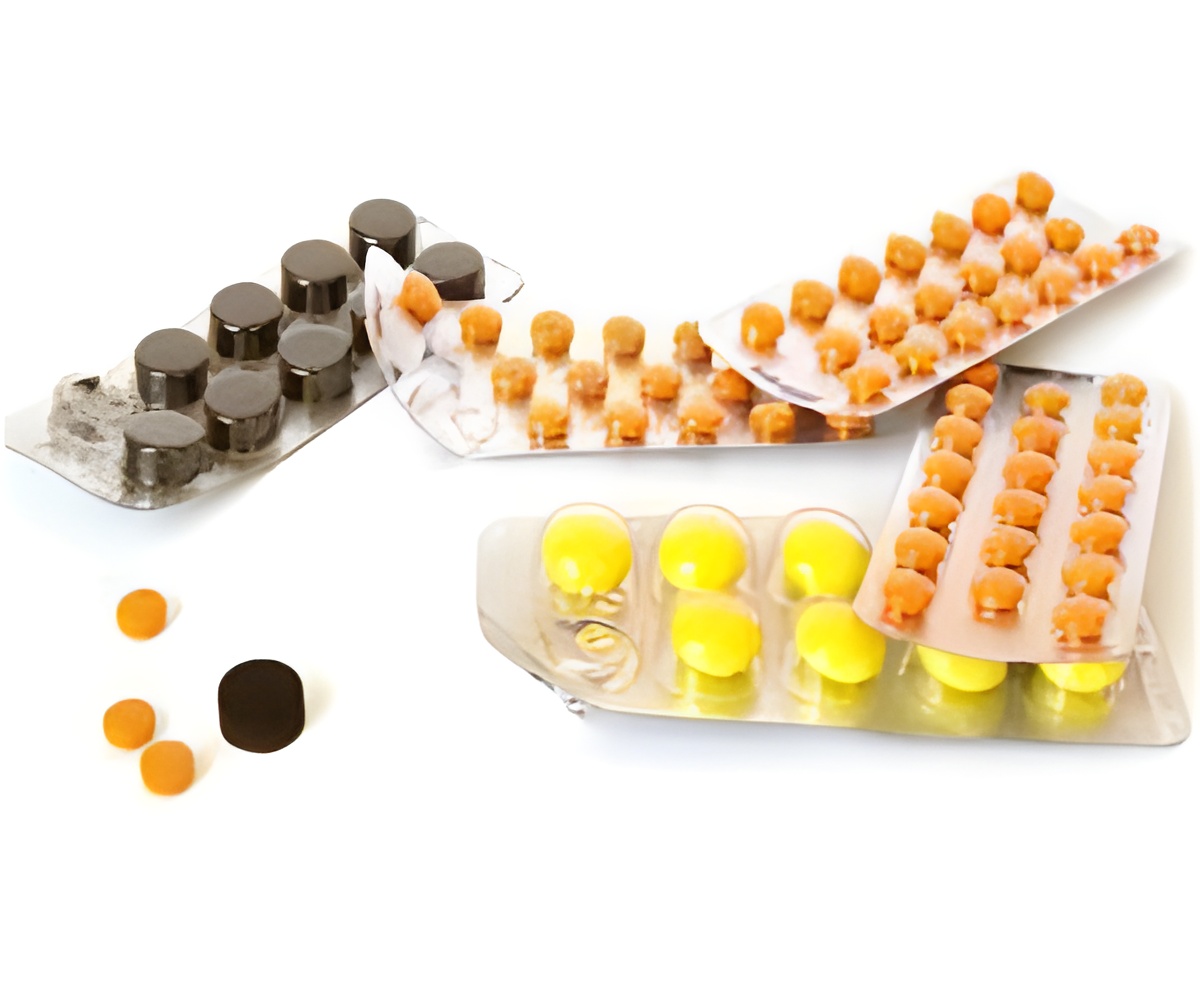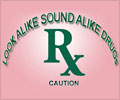
According to doctors, chemists and pharmaceutical manufacturers should store there products at a controlled room temperature of 68 degrees fahrenheit (22 degrees Celsius) to 77 degrees fahrenheit (25 degrees Celsius).
"In fact, 68-77 degrees fahrenheit is the range in which manufacturers guarantee product integrity. Anywhere from 58 (14.5 degrees Celsius) to 86 degrees fahrenheit (30 degrees Celsius) is still fine," K.K. Kohli, state secretary of DMA, said.
He warned that certain medicines, including nitroglycerin (used to treat heart ailments) and insulin (used for diabetes), are particularly susceptible to heat.
"Both nitroglycerin and insulin are usually carried by patients, who need to take them when they suffer chest pains or high blood sugar. So, a damaged dose of these crucial medicine can be life-threatening. Certain antibiotics decay and can cause stomach or kidney damage," the DMA statement added.
Kohli said that because of high temperature even common medicines can break down and have potentially harmful effects.
Advertisement
Giving away tips on how to protect medicines from temperature changes, doctors advise to keep medicines in a cool and dry place like a hallway linen closet, bedroom closet or even a kitchen cabinet, away from the stove. The unopened bottles of insulin can be kept in the refrigerator.
Advertisement
Source-IANS











